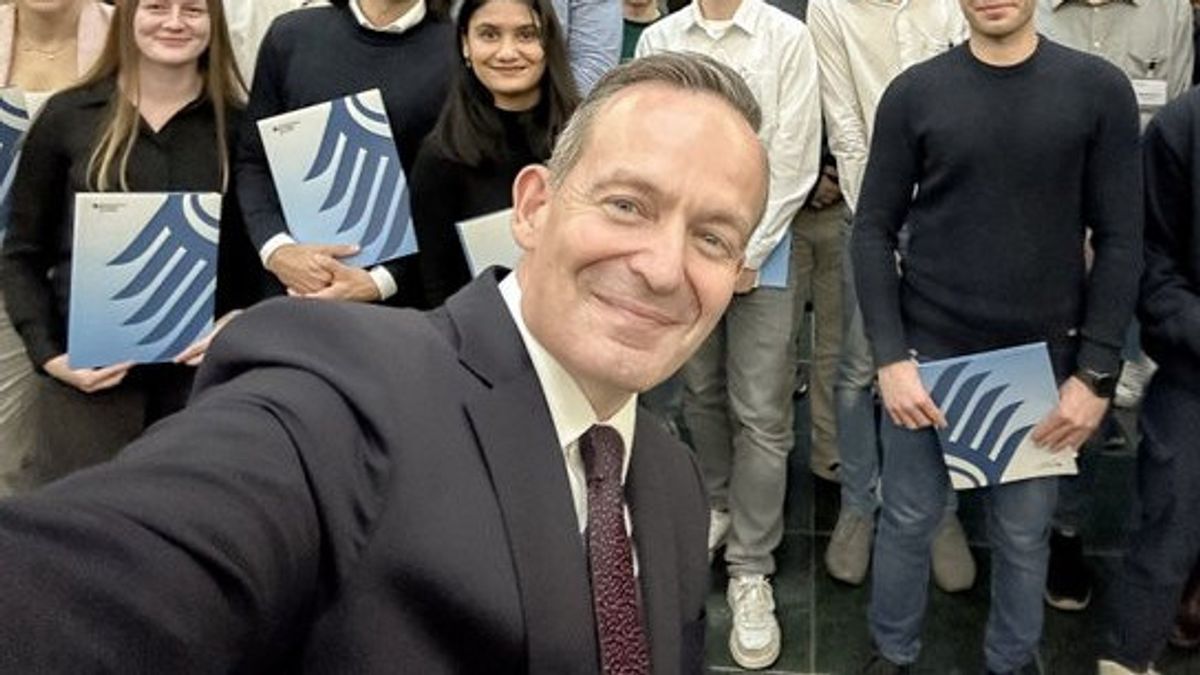JAKARTA - France, Germany and Italy have reached an agreement on how artificial intelligence (AI) regulations should be implemented. This concept is expected to accelerate European-level negotiations.
The three governments support voluntary commitments but bind artificial intelligence providers, both large and small, in the European Union who agree to follow the rules.
The European Commission, European Parliament, and the Council of the European Union are negotiating on how the bloc should position itself.
In June, the EU Parliament presented an "AI Act" designed to control the risk of artificial intelligence applications and avoid discriminatory effects, while leveraging the innovative power of artificial intelligence.
During the discussion, the European Parliament suggested that the code of ethics was initially binding only on large AI providers, most of whom came from the United States.
The three EU governments say this competitive advantage for smaller European providers could have shortcomings by reducing trust and causing reduced subscribers.
According to them, the rules of behavior and transparency should be binding for all. Initially, no sanctions had to be imposed, according to the document.
However, if a violation of the code of ethics is identified after a certain period of time, a sanction system can be regulated. In the future, a European authority will monitor compliance with these standards, the document said.
Germany's Ministry of Economy, which is in charge of this topic along with the Ministry of Digital Affairs, said state law and control should not regulate AI itself, but its applications.
Minister of Digital Affairs, Volker Wissing, said he was very pleased the deal had been reached with France and Germany to limit the use of only AI.
BACA JUGA:
"We need to arrange the app and not the technology if we want to play in the top AI league around the world," said Wissing, quoted by VOI from Reuters.
Minister of State for Economic Affairs Franziska Brantner said that it is very important to take advantage of opportunities and limit the risk.
"We have developed a proposal that can ensure a balance between the two goals in the realm of undefined technology and law," Brantner said.
While governments around the world seek to seize economic benefits from AI, Britain in November hosted its first meeting on AI safety.
The German government will host digital gatherings in Jena, in Thuringia state, on Monday 20 November and Tuesday which will bring together representatives from politics, business and science.
Issues surrounding AI will also be on the agenda when the governments of Germany and Italy hold talks in Berlin on Wednesday, November 22.
The English, Chinese, Japanese, Arabic, and French versions are automatically generated by the AI. So there may still be inaccuracies in translating, please always see Indonesian as our main language. (system supported by DigitalSiber.id)


















